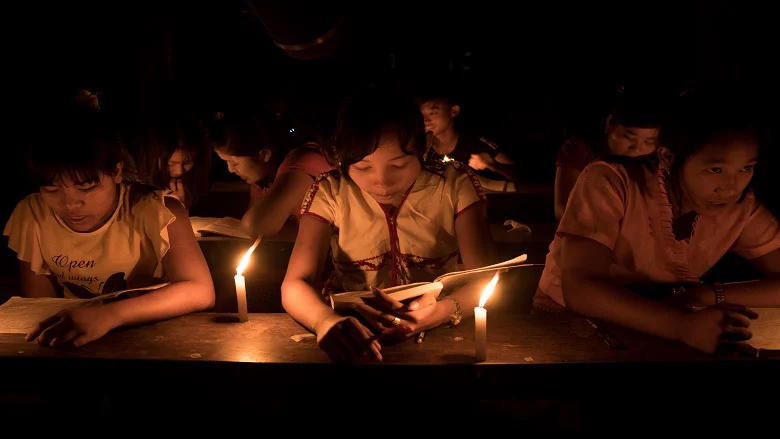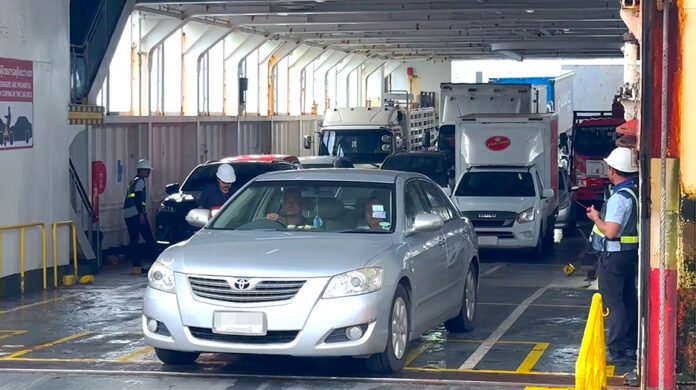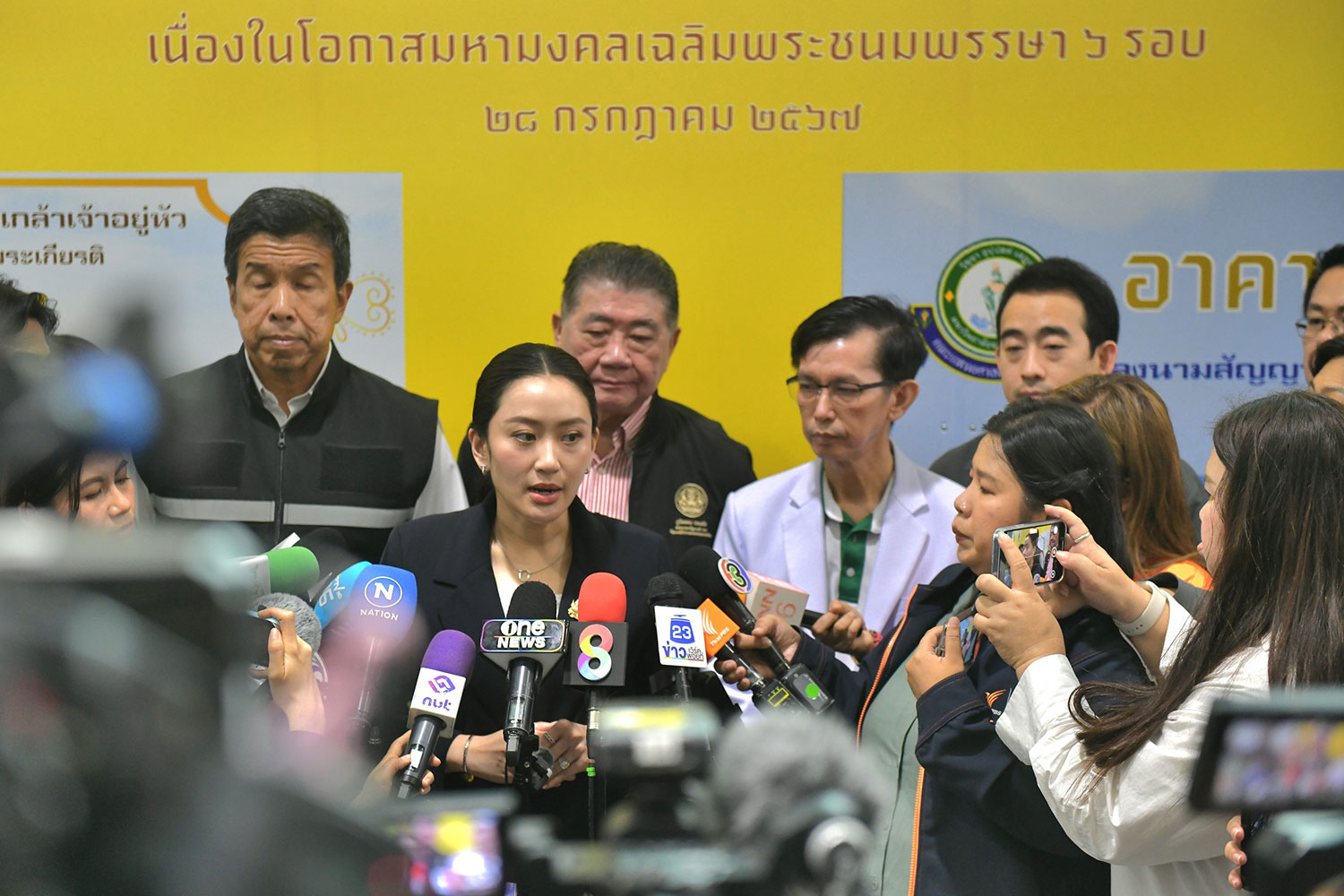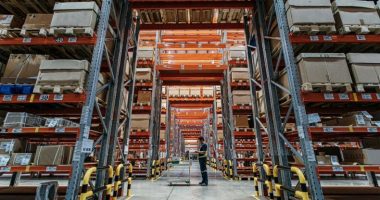Thailand’s recent decision to cut power supplies to several areas along its border with Myanmar has sent shockwaves through the region, impacting local economies and raising concerns about the future of cross-border trade. This move, aimed at curbing illegal activities, has had far-reaching consequences for both countries.
Border Trade Disruption
Economic Impact on Local Communities
The power cuts have severely disrupted border trade, affecting businesses and communities on both sides. Checkpoints between Thailand and Myanmar have been forced to close due to the lack of electricity, bringing commercial activities to a standstill. This has left many local traders and small businesses struggling to maintain their operations, as they rely heavily on cross-border commerce for their livelihoods.
Humanitarian Concerns
Healthcare and Education at Risk
The sudden loss of power has not only affected businesses but also essential services. Hospitals and schools in the affected areas are reporting severe disruptions, raising humanitarian concerns. With healthcare facilities unable to operate at full capacity, there are fears of a potential health crisis, especially for those requiring critical care. Educational institutions are also grappling with the challenge of continuing classes without electricity, potentially impacting the long-term educational prospects of students in these border regions.
Refugee Influx
Preparation for Potential Displacement
Thai authorities have been put on high alert, anticipating a possible influx of refugees from the affected areas in Myanmar. The power cuts, combined with the ongoing political instability in Myanmar, could potentially drive more people to seek refuge across the border. Thailand has already begun preparing areas to accommodate refugees, utilizing existing camps and infrastructure to manage any sudden population movements.
Economic Resilience
Adapting to New Challenges
Despite the challenges, some businesses are showing resilience. Reports suggest that certain operations, particularly those run by Chinese nationals, have managed to continue functioning by using generators. This adaptability highlights the complex nature of the border economy and the determination of some sectors to maintain their activities despite adversity.
Bilateral Relations
Straining Ties Between Neighbors
The power cuts are expected to impact bilateral relations at various levels, including government-to-government, military-to-military, and local interactions. This situation presents a delicate diplomatic challenge, as both countries navigate the balance between security concerns and maintaining positive relations.
Future Outlook
Seeking Sustainable Solutions
As the situation unfolds, there is a growing call for finding ways to assist affected Myanmar civilians while addressing the security concerns that prompted the power cuts. The challenge lies in developing solutions that can effectively combat illegal activities without causing undue harm to innocent civilians and legitimate businesses in the border regions.








